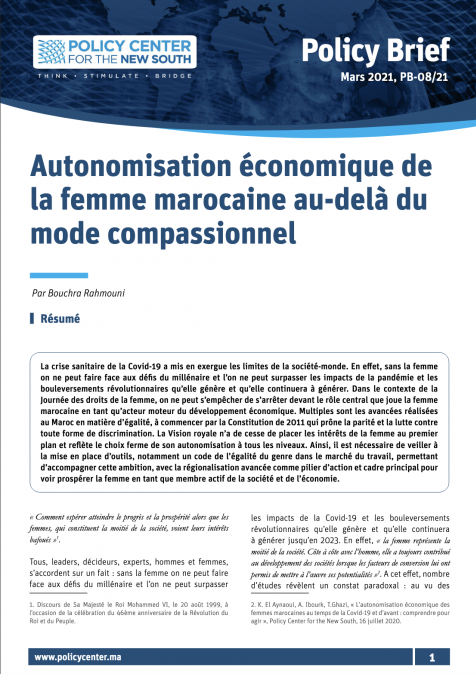The rapidly evolving nature of our economies and societies accelerated by the COVID-19 crisis has brought a broader range of shifts in the way workplaces and workforces are organized. The advent of new technologies has radically transformed the way public and private organizations operates and manage their workforce. These changes are even more exacerbated by the ongoing impacts of the pandemic on the labor market that has reconfigured the employee-employer relationship. In this new work era, companies are seeking to maanage uncertainty, maintain the workforce’s productivity and enhance their competitiveness while embracing digital transformation. This will not only require the upskilling of workers but also the adoption of agile governance standards and redefining new workplace areas. This session will enlighten these trends that are challenging policymakers to put suitable frameworks for the new and alternative work models. What are the main imperatives for resetting the future of work agenda? How to embrace the integration of technology and skills to transform the workplace? Full-time, hybrid and homebased work: What implications for companies’ productivity and workforces’ wellbeing? What governance models to adopt in managing new workforces’ standards?










